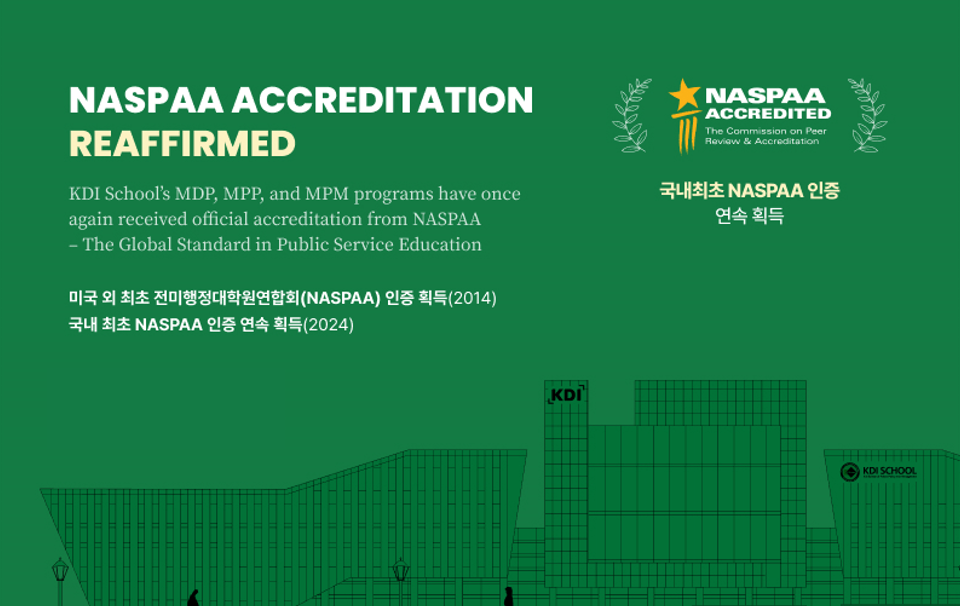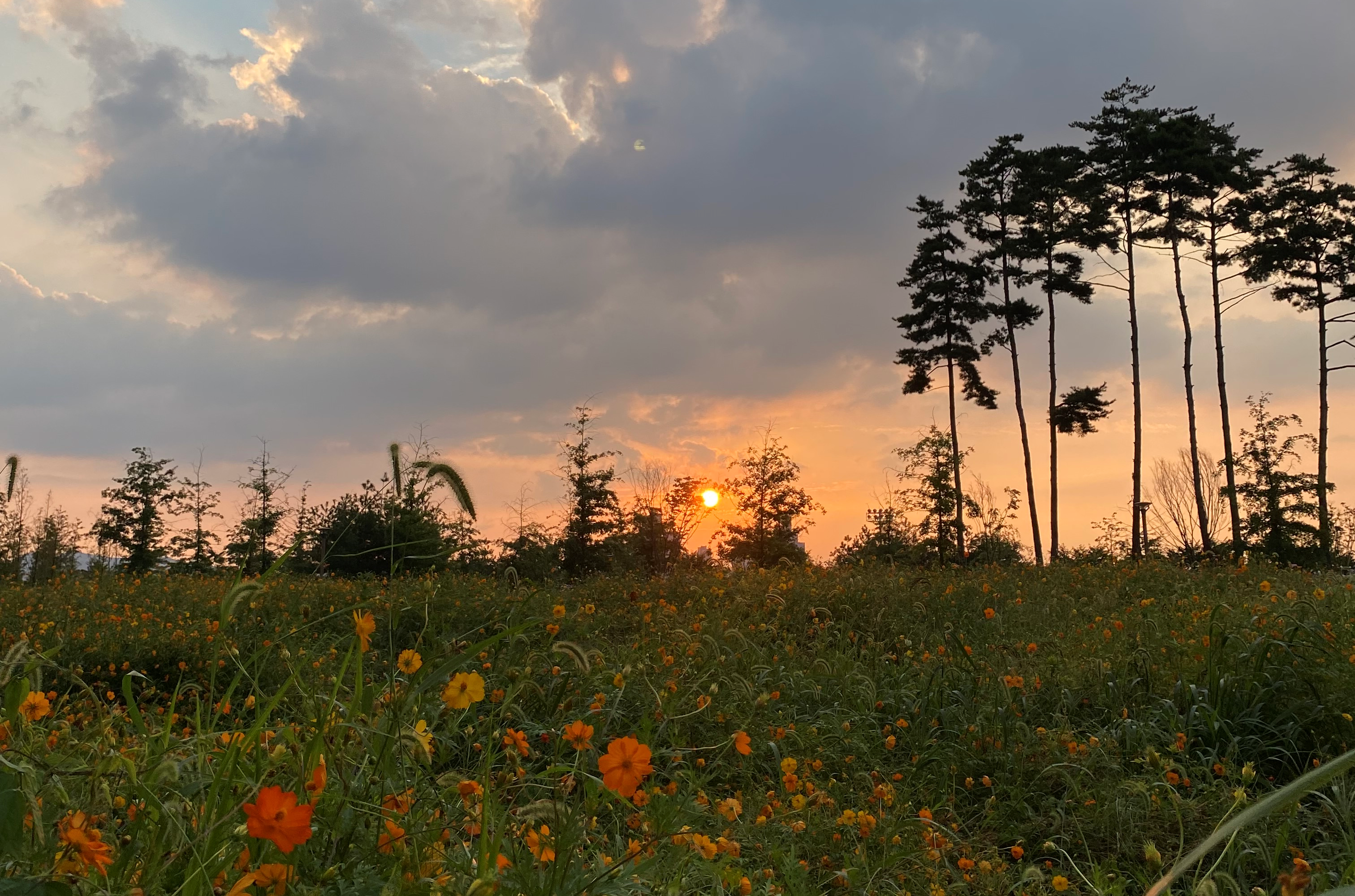
KDI School and the Regional School of Public Policy for Development...
- Date 2019-08-20 01:59
- CategoryStory
- Hit2722
2019 Int''l Alumni Essay Contest 1st Prize Essay
KDI School and the Regional School of Public Policy for Developement (Escuela Regional de Politicas Publicas Para El Desarrollo-ERPPD-) in Guatemala, a Cooperative Effort to Improve Public Policy in Central America
DIAZ MONROY, Ana Silvia (2011 MPP, Guatemala)
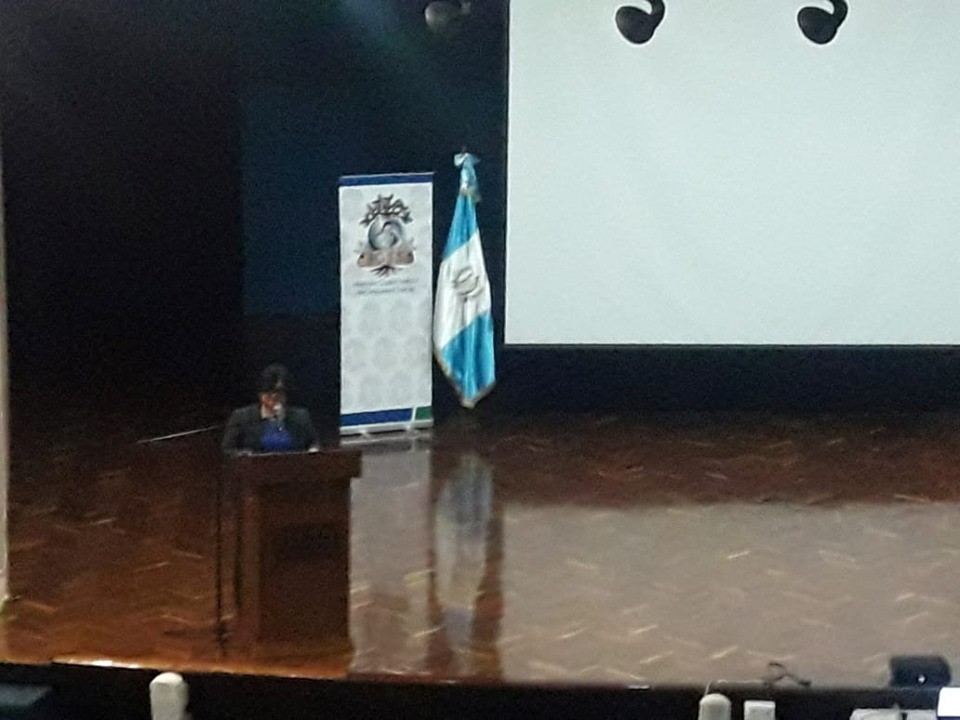 As a part of the cooperation effort of KDI School for the Central American Region, the idea of creating a specialized school in Public Policies for Development arose, this would have to be regional, in order to cover the seven countries that make up the Central American isthmus plus the Dominican Republic. This is how the Regional School of Public Policies for Development was born, with headquarters at the University of San Carlos de Guatemala -USAC- (the only state university in the largest country in the region). The spirit of the School was to facilitate the transfer of specialized knowledge in public policy matters from KDI School to these small countries, which although they are already carrying out different efforts to improve the quality of life of their citizens, can benefit significantly from the experience specific to the School. To define the headquarters of the ERPPD, KDIS considered it important that Guatemala is the country with the most KDIS Alumni in the region and the decision of all the Rectors of the Public Universities of Central America that gather in CSUCA (Central America Superior Council of Public Universities).
As a part of the cooperation effort of KDI School for the Central American Region, the idea of creating a specialized school in Public Policies for Development arose, this would have to be regional, in order to cover the seven countries that make up the Central American isthmus plus the Dominican Republic. This is how the Regional School of Public Policies for Development was born, with headquarters at the University of San Carlos de Guatemala -USAC- (the only state university in the largest country in the region). The spirit of the School was to facilitate the transfer of specialized knowledge in public policy matters from KDI School to these small countries, which although they are already carrying out different efforts to improve the quality of life of their citizens, can benefit significantly from the experience specific to the School. To define the headquarters of the ERPPD, KDIS considered it important that Guatemala is the country with the most KDIS Alumni in the region and the decision of all the Rectors of the Public Universities of Central America that gather in CSUCA (Central America Superior Council of Public Universities).
Although cooperation efforts started from 2012 and the ERPPD was founded in 2017, and KDI has maintained its support for the training of possible human resources and also the contribution of the USAC, the school had not responded fully to the original idea of its formation. This changed dramatically with the visit of the USAC Rector to the Republic of Korea on a tour that included KDIS, with the support of the Korean embassy in Guatemala. As a result of this meeting, USAC promoted the inclusion of the Alumni to prepare a six-month course. The proposal presented so that the theme was the Korean Development Strategies, with courses taught mainly by the KDI Alumni and special guests. In order to start this new adventure, I had the support of the Rector of the USAC, who entrusted me to take the necessary measures to get the classroom, a special conference room property of the National Institute of Social Secury of Guatemala, coordinate the food, program and our KDIS Alumni Tema. That activities and the new vision that the Rector has for the ERPPD after his visit to Korea, made him take a decision, to put me in charge of the project to give it a new opportunity. This fresh start had the initial lesson given on June 3, 2019 by the Ambassador of the Republic of Korea, in a formal ceremony that began a new cycle in the life of the ERPPD, being my first official day as Director of the School and with the support of my fellow alumni. These new measures were informed to Professor Yun Haiyoung, who has been a key actor in the process of keeping the project alive and with whom we are reformulating the new steps for our project.
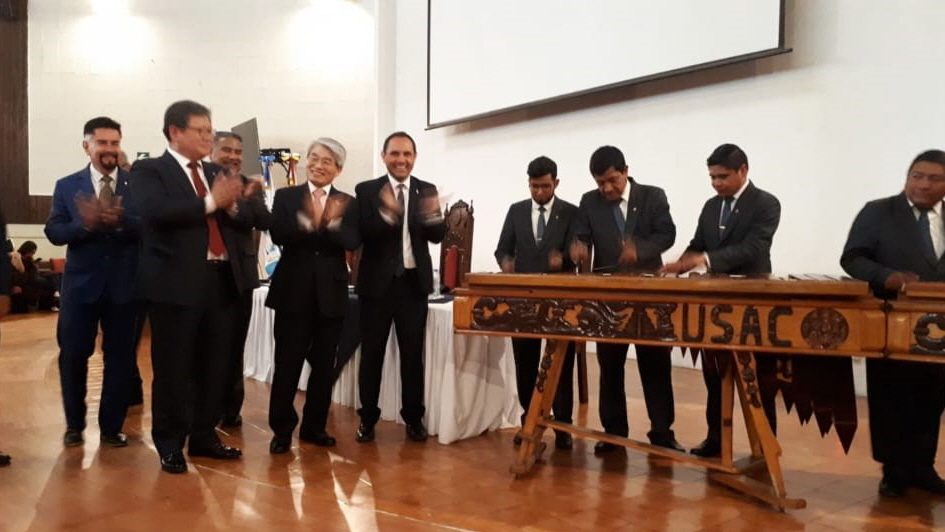 After five weeks in charge of the School, fortunately KDIS has realized that the original focus of the ERPPD can still be executed, we have taught the first five lessons of our course, initially explaining the experience of the Republic of Korea, its history and struggle to maintain their culture and values as well as to overcome the cruel limitations imposed on them in the middle of the last century. On average 200 people have attended our classes, counting among the public from students, employees and public officials, university teaching staff, members of NGOs, trade unionists and even families, all opening their minds to the successful experiences of Korea and learning about the different strategies and policies of the Miracle of the Han River. This, and other steps that we have taken in such a short time, have already managed to recover the support of KDIS for financing training for the ERPPD for the year 2020, in which we hope to start with a Central American tour to incorporate even more the universities that have showed interest for the regional school and also to integrate the representatives of the countries that are pending.
After five weeks in charge of the School, fortunately KDIS has realized that the original focus of the ERPPD can still be executed, we have taught the first five lessons of our course, initially explaining the experience of the Republic of Korea, its history and struggle to maintain their culture and values as well as to overcome the cruel limitations imposed on them in the middle of the last century. On average 200 people have attended our classes, counting among the public from students, employees and public officials, university teaching staff, members of NGOs, trade unionists and even families, all opening their minds to the successful experiences of Korea and learning about the different strategies and policies of the Miracle of the Han River. This, and other steps that we have taken in such a short time, have already managed to recover the support of KDIS for financing training for the ERPPD for the year 2020, in which we hope to start with a Central American tour to incorporate even more the universities that have showed interest for the regional school and also to integrate the representatives of the countries that are pending.
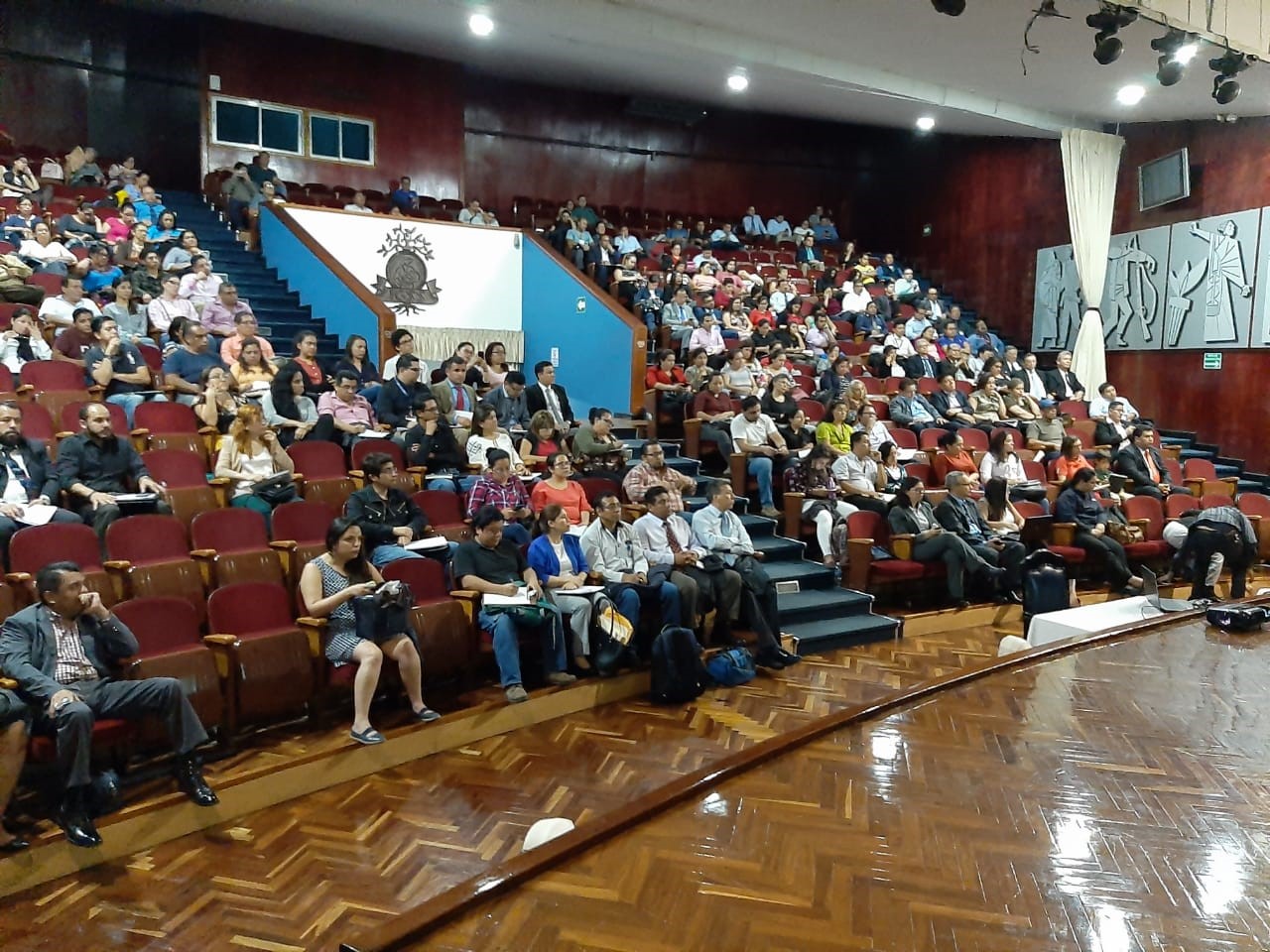 My contribution to rescue this project of the Government of Korea, through KDI School, consisted of improving the line of communication between Guatemala and KDIS, organization and logistics of the first academic program of the School (the six month program), proposal for new educational modalities that allow the mobility of students and teachers at the local and regional level, review of the Master Program in Public Policy that will be authorized by USAC and CSUCA, and proposal for academic specializations of relevance to the region, including Korean Economic Development, local development according to the experience of Korea (study of Saemaul Undong), public-private partnerships, development experiences in Asia Pacific, among others, and also reaching issues relevant to the region such as migration, the environmental protection, climate change and human rights, just to name a few. Part of my work includes the recruitment of possible teaching staff, for which we plan to include the KDI Alumni resident in Guatemala and other residents in this part of the world, as well as talent from the different countries of the Central American region, which collaborate with the Regional School and encourage academic exchange with South Korea, specifically through KDIS. I must also mention that part of the projection of the School includes forming alliances with Ministries, State Offices and key actors related to decision making and policy formulation, so that it can collaborate with the training and specialization of its employees and officials, both in Guatemala and in Honduras, Nicaragua and Panama, as already active countries, and seeking the early integration of El Salvador, Belize, the Dominican Republic and Costa Rica.
My contribution to rescue this project of the Government of Korea, through KDI School, consisted of improving the line of communication between Guatemala and KDIS, organization and logistics of the first academic program of the School (the six month program), proposal for new educational modalities that allow the mobility of students and teachers at the local and regional level, review of the Master Program in Public Policy that will be authorized by USAC and CSUCA, and proposal for academic specializations of relevance to the region, including Korean Economic Development, local development according to the experience of Korea (study of Saemaul Undong), public-private partnerships, development experiences in Asia Pacific, among others, and also reaching issues relevant to the region such as migration, the environmental protection, climate change and human rights, just to name a few. Part of my work includes the recruitment of possible teaching staff, for which we plan to include the KDI Alumni resident in Guatemala and other residents in this part of the world, as well as talent from the different countries of the Central American region, which collaborate with the Regional School and encourage academic exchange with South Korea, specifically through KDIS. I must also mention that part of the projection of the School includes forming alliances with Ministries, State Offices and key actors related to decision making and policy formulation, so that it can collaborate with the training and specialization of its employees and officials, both in Guatemala and in Honduras, Nicaragua and Panama, as already active countries, and seeking the early integration of El Salvador, Belize, the Dominican Republic and Costa Rica.
All that I have stated before, reflects the joint effort of the Government of the Republic of Korea, through KDI School, with the University of San Carlos of Guatemala, to strengthen cooperation relations in education and specifically for training public officials and employees related to the formulation of Public Policies for Development in the Central American region. We are working hard so that our project has a favorable impact in at least eight countries. My collaboration and contribution will continue to both to replicate what I have learned in KDI School, and to serve as a link with the related countries and gradually generate the results that were originally visualized by my two alma mater.
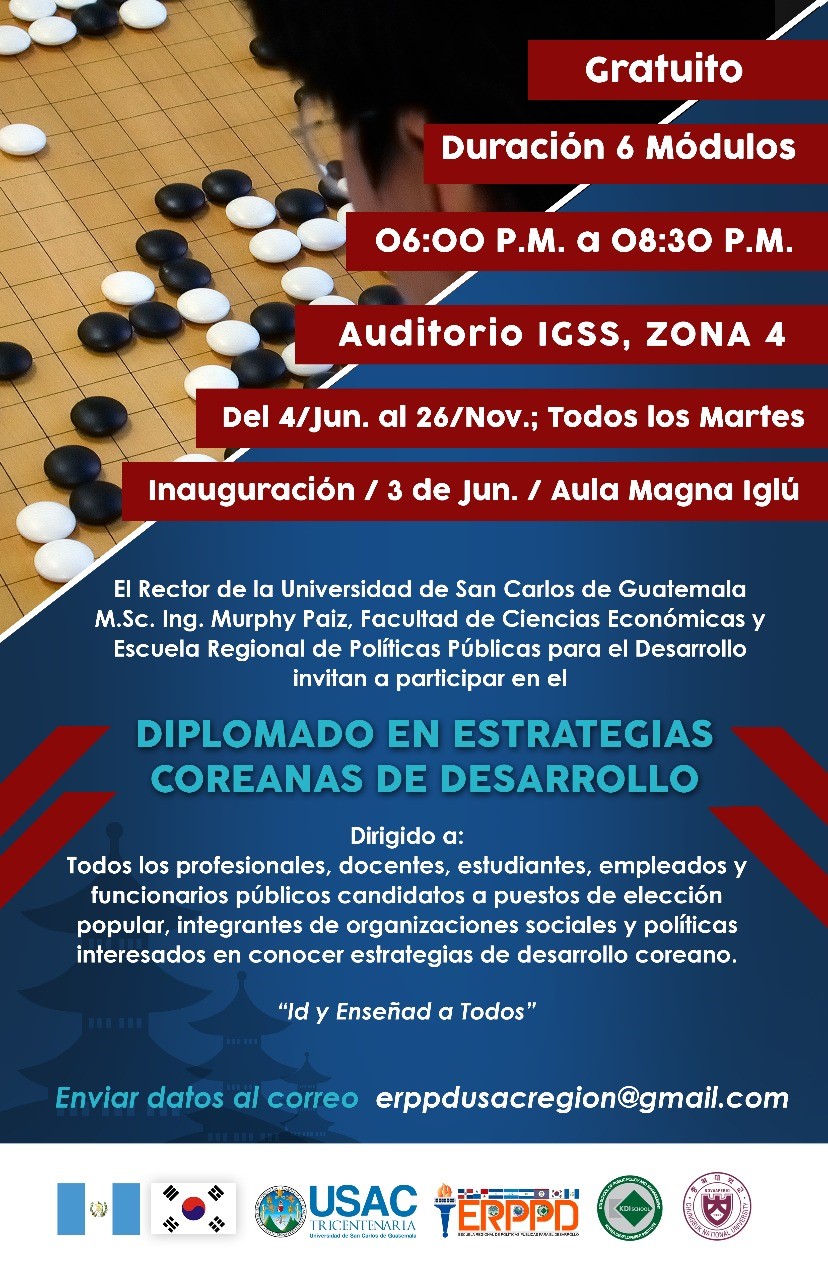
Related News
No Contents.

